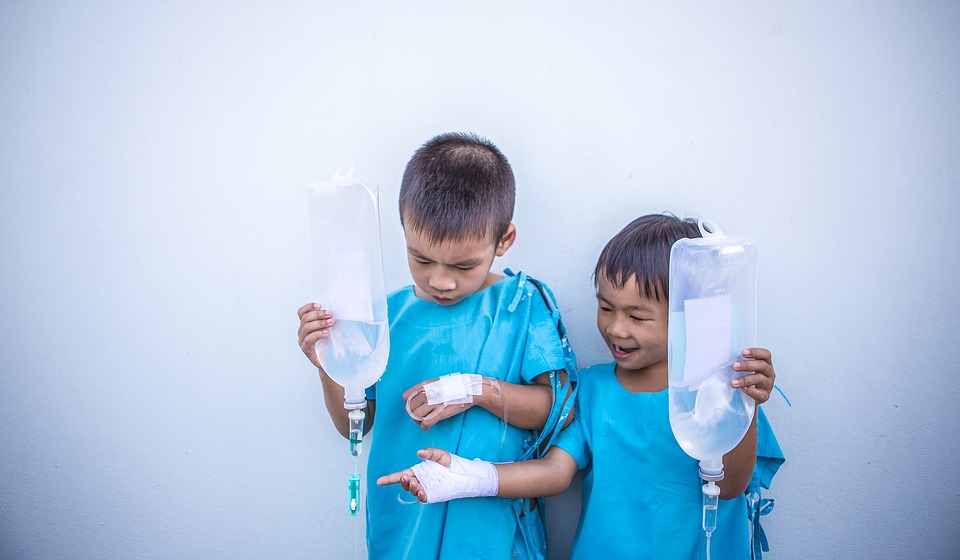How worried should we be?
Interview with
A report in 2014 estimated that 700,000 people a year die from antibiotic  resistant infections and, if nothing is done, that number could rise to 10 million a year by 2050. Dr Nick Brown a medical consultant from Addenbrooke's Hospital and he told Chris Smith about what could happen if we don't find a solution...
resistant infections and, if nothing is done, that number could rise to 10 million a year by 2050. Dr Nick Brown a medical consultant from Addenbrooke's Hospital and he told Chris Smith about what could happen if we don't find a solution...
Nick - I think although, as you say, these are only estimates, the numbers are really quite scary. The same report that you quoted also put a financial value on antimicrobial resistant and estimated that by 2050 the cost to the world would be in the order of 66 trillion dollars, These are really quite scary numbers.
Chris - Is this lives lost, productivity lost, infection control mechanisms in hospital - is that where the money's going?
Nick - All of the above really. So, just to give two examples, if we don't have antibiotics to treat infections in patients with cancer who are having chemotherapy, then we might not be able to treat the infections that these patients have and they may not survive their treatment.
Likewise, if we can't do hip replacements without patients getting infections that can be treated, then why do the hip replacement, and then people can't go to work. So all sorts of effects and these estimate try to take all those into account.
Chris - We made antibiotics in the first place. We've had plenty so far, it's only now become a problem when we're better technologically endowed than we have ever been. So why don't we just make new antibiotic molecules?
Nick - There really has been a dearth of new antibiotic development in the last twenty years or so, and think this has really crept up on us. We're really used to simply replacing an antibiotic with another one when we can't use it any more because of resistance. but now there just aren't any left. It takes a long time to develop an antibiotic and, in recent years, a lot of the big pharmaceutical companies have decided that this really isn't an economic field or market that they want to be in.
Chris - Is that because there's a real risk your drug is going to quickly develop resistance, therefore you might not make your money back so much better to go for conditions like high blood pressure, stomach ulcers because people will be on your tablets for years and you'll make lots of money?
Nick, Absolutely, yeah.
Chris - Shouldn't the government step in then?
Nick - It's something that is being debated at the moment internationally. Is antibiotic resistance a public health issue, not something that should be governed by a market?
Chris - Now why is this happening at all in the sense that if you look at the pre-antibiotic era, before we knew about antibiotics, before we even knew that bacteria caused things like tuberculosis, death rates in London, for example, in the 1800s were plummeting? People were living much longer and they weren't dying of these infections, so why is this happening now, can't we just live a cleaner life?
Nick - I agree with you. I think that living a cleaner life helps prevent infection. I think improved hygiene is an integral part to the control of antibiotic resistance. If we look to developing countries where some of the hygiene standards available, sewers, clean drinking water, etc. is not so good, then these are hotbeds for the spread of antibiotic resistance because the prevalence of infection in these areas is so high. We do have to do something worldwide to improve the situation and that will help us not control, but to keep antibiotics sustainable into the future. I think we'll need to learn how to use or treat antibiotics as a scarce resource.
Chris - China aren't doing that are they? The Lancet published a paper last year showing twelve and half thousand tons of colistin, an antibiotic of last resort here in the UK for certain infections, and they give it to farm animals.
Nick - Which is why it is so important that we emphasise that this is a true what is called a "one health" issue. That it's not just antibiotic use in humans but also in agriculture and in the environment as well.










Comments
Add a comment